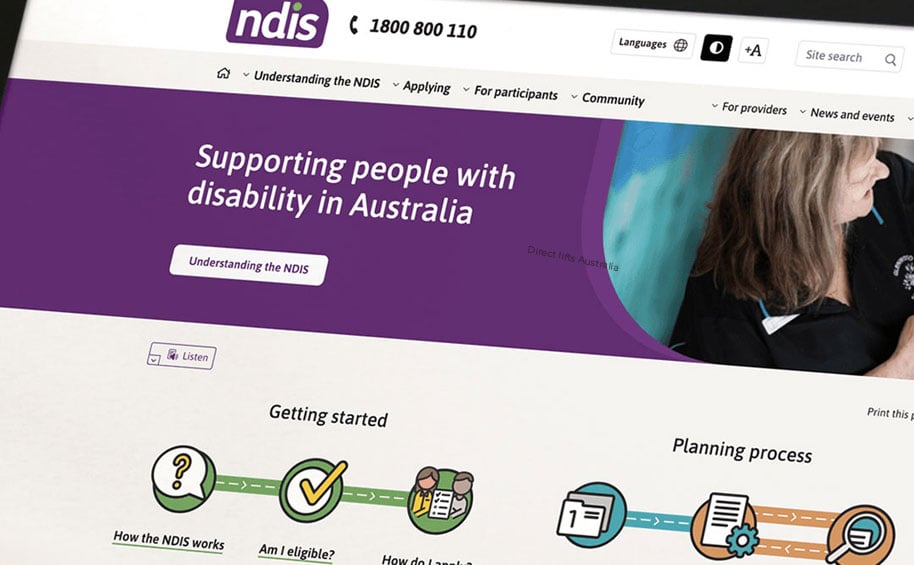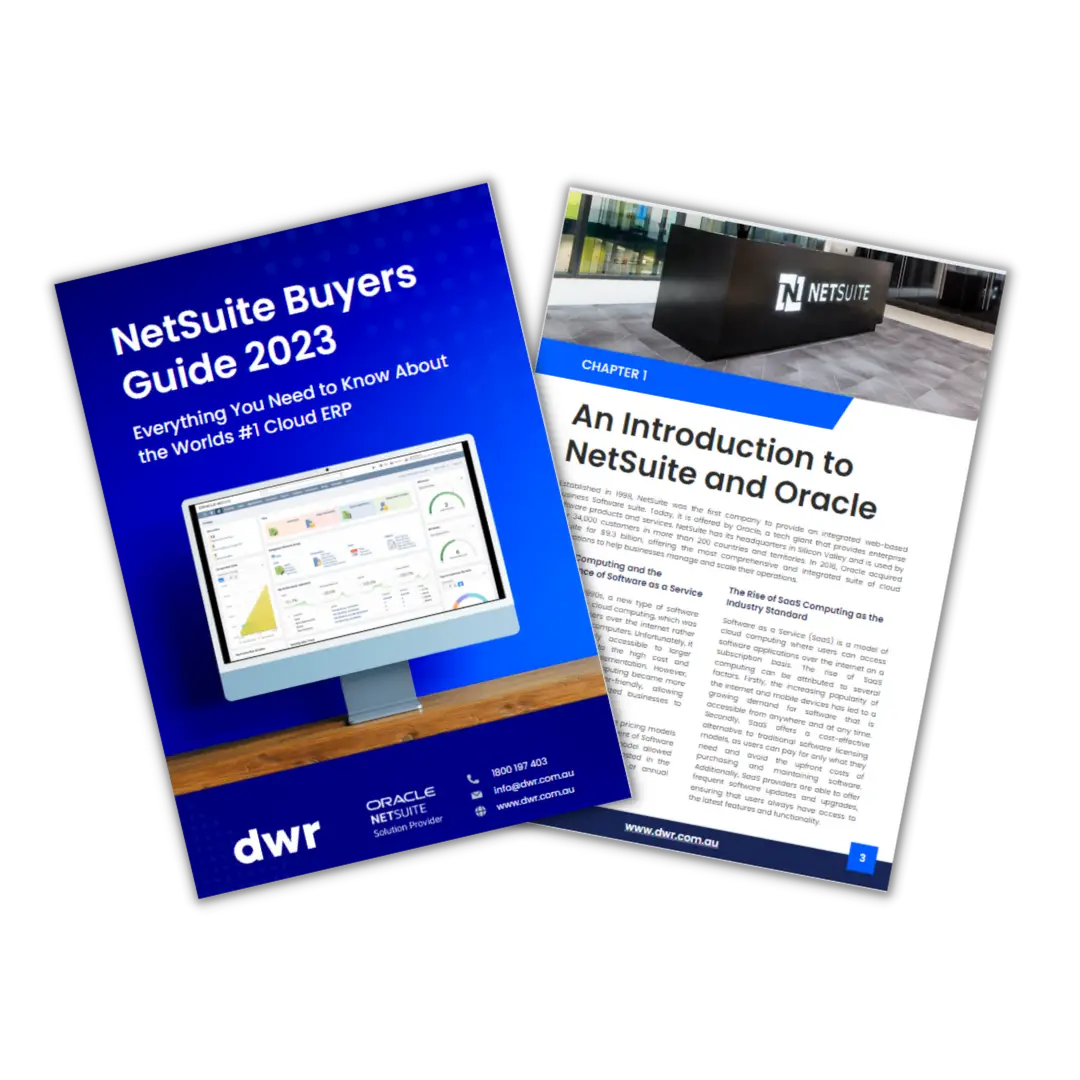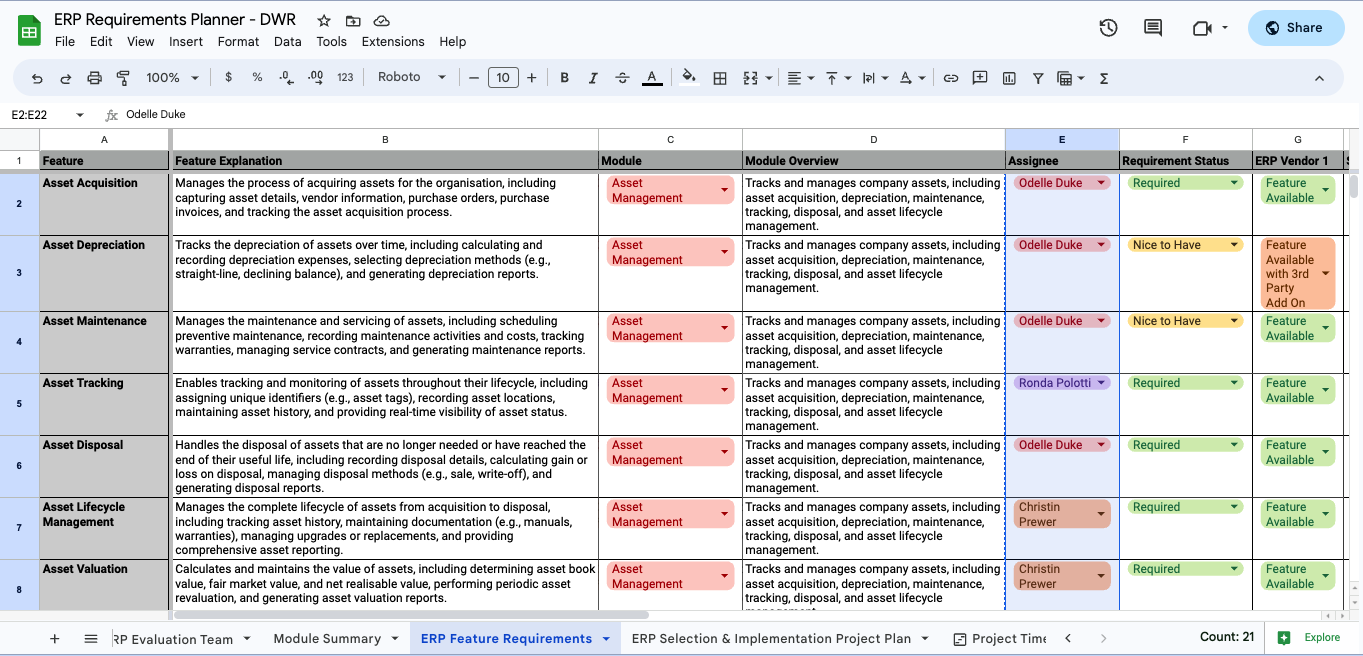In the dynamic world of hospitality, hotel groups face a myriad of operational challenges that can impact their success and growth. From managing diverse teams to ensuring guest satisfaction, the complexities are numerous and require strategic planning and execution. This article delves into the top 10 operational challenges that hotel groups encounter, offering insights into how these can be effectively managed to ensure smooth operations and enhanced guest experiences.
1. Staffing and Human Resource Management
One of the most significant challenges for hotel groups is managing a diverse workforce. With employees ranging from front desk staff to housekeeping and management, ensuring that everyone is aligned with the hotel's goals and standards is crucial. Recruitment, training, and retention of skilled staff are ongoing challenges, especially in a competitive market where talent is in high demand.
To address these issues, hotel groups must invest in comprehensive training programs and create a positive work environment that encourages employee engagement and satisfaction. Offering competitive salaries and benefits, along with opportunities for career advancement, can also help in retaining top talent.
2. Maintaining Consistent Guest Experience
Delivering a consistent guest experience across multiple properties is a complex task. Guests expect the same level of service and quality regardless of the location they visit. This requires standardised operating procedures and regular training to ensure that all staff members are equipped to meet these expectations.
Implementing a robust quality control system and gathering regular feedback from guests can help hotel groups identify areas for improvement and maintain high standards of service.
3. Technology Integration and Management
In today's digital age, technology plays a crucial role in hotel operations. From booking systems to customer relationship management (CRM) tools, integrating and managing these technologies can be challenging. Ensuring that all systems are up-to-date and functioning seamlessly is essential for efficient operations.
Hotel groups must invest in reliable IT infrastructure and provide ongoing training for staff to effectively use these technologies. Regular updates and maintenance are also necessary to prevent disruptions and enhance the guest experience.
4. Revenue Management and Pricing Strategies
Maximising revenue while maintaining competitive pricing is a delicate balance that hotel groups must achieve. With fluctuating demand and seasonal variations, developing effective pricing strategies is crucial for profitability.
Utilising data analytics and market research can help hotel groups make informed decisions about pricing and promotions. Dynamic pricing models that adjust rates based on demand can also be beneficial in optimising revenue.
5. Sustainability and Environmental Responsibility
As environmental concerns continue to grow, hotel groups are under increasing pressure to adopt sustainable practices. This includes reducing energy consumption, minimising waste, and sourcing eco-friendly products.
Implementing green initiatives not only benefits the environment but can also enhance the hotel's reputation and appeal to eco-conscious travellers. Hotel groups should consider investing in energy-efficient technologies and promoting sustainable practices among staff and guests.
6. Managing Multiple Properties
For hotel groups with multiple properties, managing operations across different locations can be challenging. Each property may have its own unique set of challenges, and ensuring consistency in operations and service quality is essential.
Centralised management systems and regular communication between properties can help streamline operations and ensure that all locations are aligned with the group's standards and objectives.
7. Compliance with Regulations and Standards
The hospitality industry is subject to a wide range of regulations and standards, from health and safety to data protection. Ensuring compliance with these regulations is crucial to avoid legal issues and maintain the hotel's reputation.
Hotel groups must stay informed about changes in regulations and provide regular training for staff to ensure compliance. Implementing robust policies and procedures can also help in managing regulatory requirements effectively.
8. Enhancing Customer Loyalty and Retention
Building and maintaining customer loyalty is a key challenge for hotel groups. With numerous options available to travellers, providing exceptional service and creating memorable experiences is essential for retaining guests.
Loyalty programs and personalised services can help in enhancing customer retention. Gathering feedback and continuously improving the guest experience are also important strategies for building long-term relationships with guests.
9. Crisis Management and Risk Mitigation
Unexpected events such as natural disasters, pandemics, or economic downturns can significantly impact hotel operations. Having a robust crisis management plan in place is essential for mitigating risks and ensuring business continuity.
Hotel groups should conduct regular risk assessments and develop contingency plans to address potential crises. Training staff in crisis management and communication is also crucial for effectively handling unexpected situations.
10. Adapting to Changing Consumer Preferences
Consumer preferences in the hospitality industry are constantly evolving, with trends such as wellness tourism and experiential travel gaining popularity. Adapting to these changes is essential for staying competitive and meeting guest expectations.
Hotel groups should stay informed about industry trends and be willing to innovate and adapt their offerings to meet changing consumer demands. This may involve updating facilities, offering new services, or creating unique experiences that cater to the preferences of modern travellers.
In conclusion, while hotel groups face numerous operational challenges, addressing these effectively can lead to improved efficiency, enhanced guest experiences, and long-term success. By investing in staff training, technology, and sustainable practices, and by staying informed about industry trends and regulations, hotel groups can navigate these challenges and thrive in the competitive hospitality landscape.
.svg)

.avif)














































